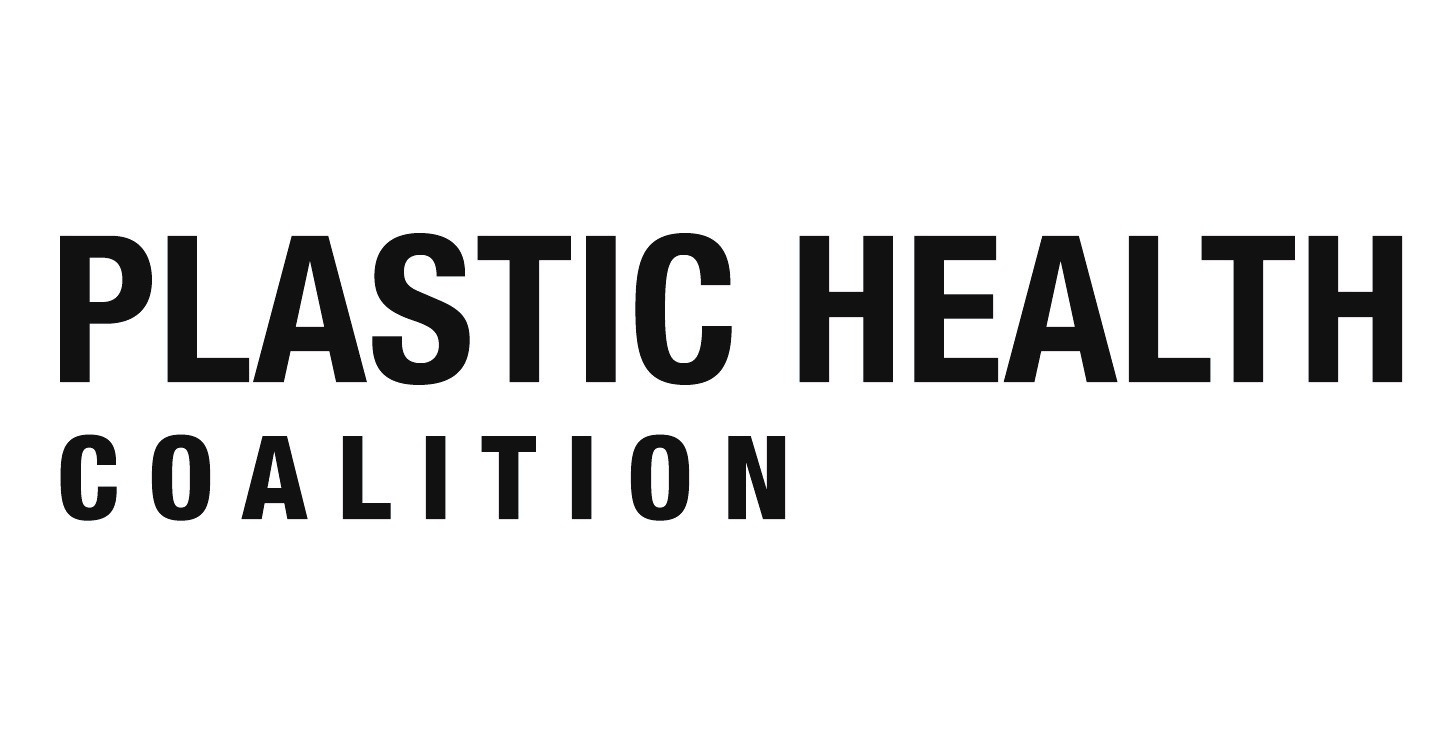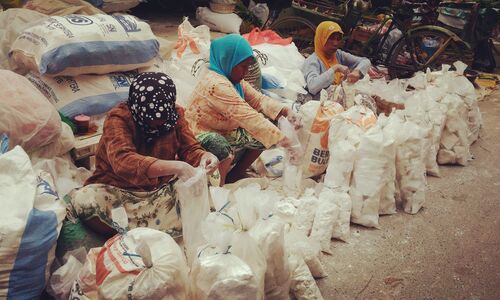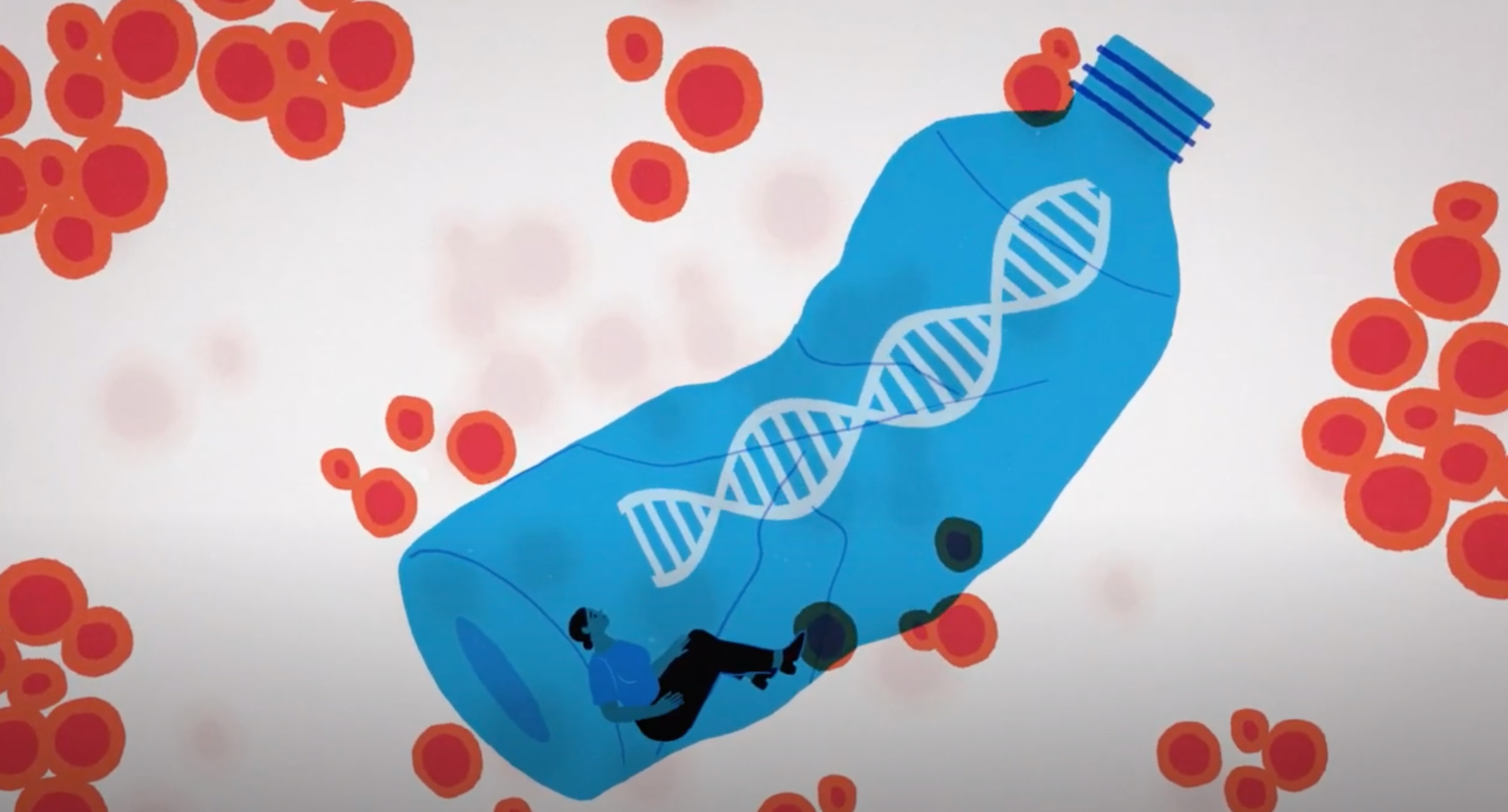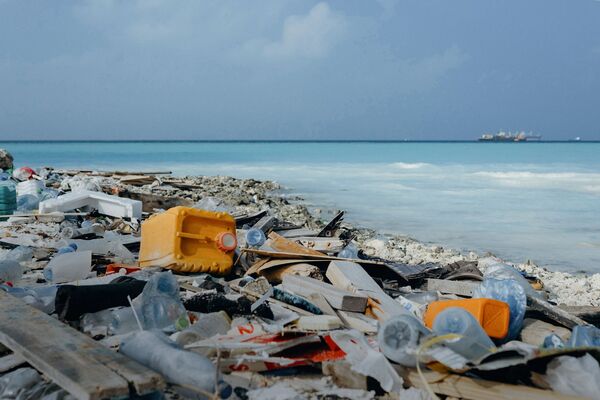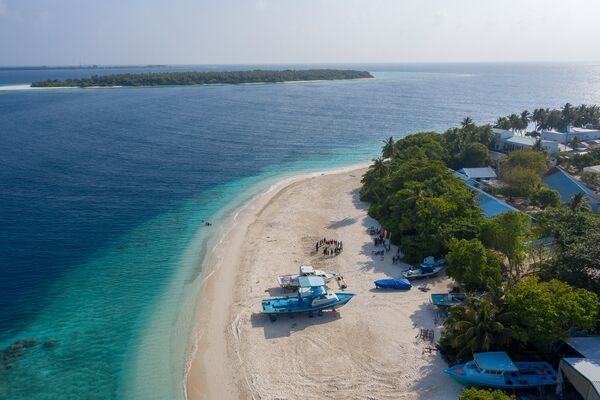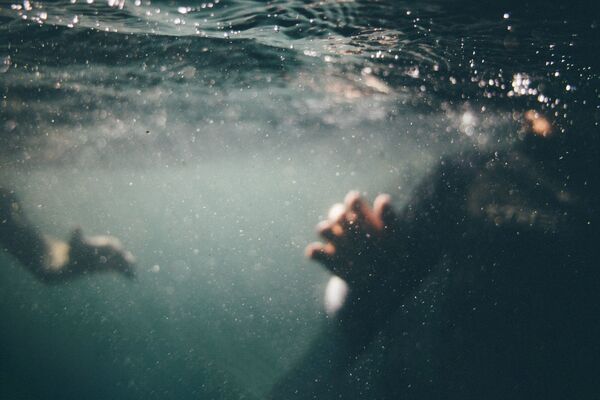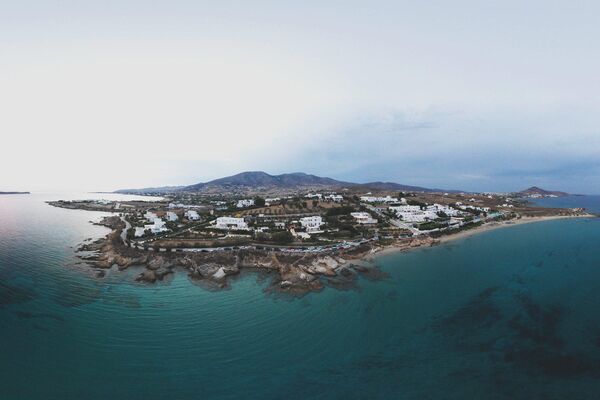Long read by John Vidal:
We eat and breathe plastic. How does it affect our health?Μελετάμε τη σχέση μεταξύ πλαστικής ρύπανσης και ανθρώπινης υγείας.
Τα σωματίδια μικροπλαστικών εισχωρούν στον οργανισμό μας με τον αέρα που αναπνέουμε, το νερό που πίνουμε, τα ρούχα που φοράμε και τις τροφές που τρώμε, αλλά δεν γνωρίζουμε πόσο σοβαρό μπορεί να είναι αυτό για την υγεία μας.
We need to understand the relationship between plastic pollution and human health.
Why? Because plastic is everywhere. It’s in the water we drink, the air we breathe, the food we eat and the clothes we wear. We know it’s inside us, but we don’t know what this means for our health.
That’s because the necessary research doesn’t exist yet – it’s unpopular, expensive and time-consuming. However, the evidence we do have suggests we should be extremely concerned. For example, preliminary research shows human immune cells die at an alarming rate in the presence of micro-plastics.
Obviously, any risk to human health is concerning. But this new knowledge also presents an opportunity to create a much greater appetite for change - personally, locally, nationally and internationally. Governments, businesses and communities have come forward before to save human lives, and they will come together again.
We have two investigations underway.
1. Blood type plastic?
Investigating the presence of plastic in human blood.
We want to know which polymers are there and in what quantities. We want to know how they get there and who’s most at risk; if they’re making us sick, and in what ways. We want to know whether there’s a threshold to how much plastic our bodies can take.
1. Blood type plastic?
Investigating the presence of plastic in human blood.
Phase One
We convened 32 experts – academics, medical doctors, lawyers, environmental organisations and advocacy groups. They reached a consensus that plastic pollution is a human health risk and identified three urgent research needs.
- Plastic is everywhere… but is it in us?
- Is there a link between presence of plastic and disease?
- If so, how do we raise the alarm?
Phase Two
With our research priorities clearly defined, we identified Vrije University in Amsterdam as the leading experts in this field. Together, we created a methodology to find out, for the first time ever, whether there’s plastic in our blood, how much of it there is, and which polymers are present.
With the methodology validated, we are now testing 30 blood samples from a representative range of volunteers.
Phase Three
Following the success of phase two blood sample testing, we have identified four research priorities:
- How does plastic get into our blood?
- Does plastic within human blood enter other tissues?
- Does plastic in our bodies cause harm and at what level of exposure?*
- Do plastic particles absorb other toxins whilst in the body?
*#3 is our priority
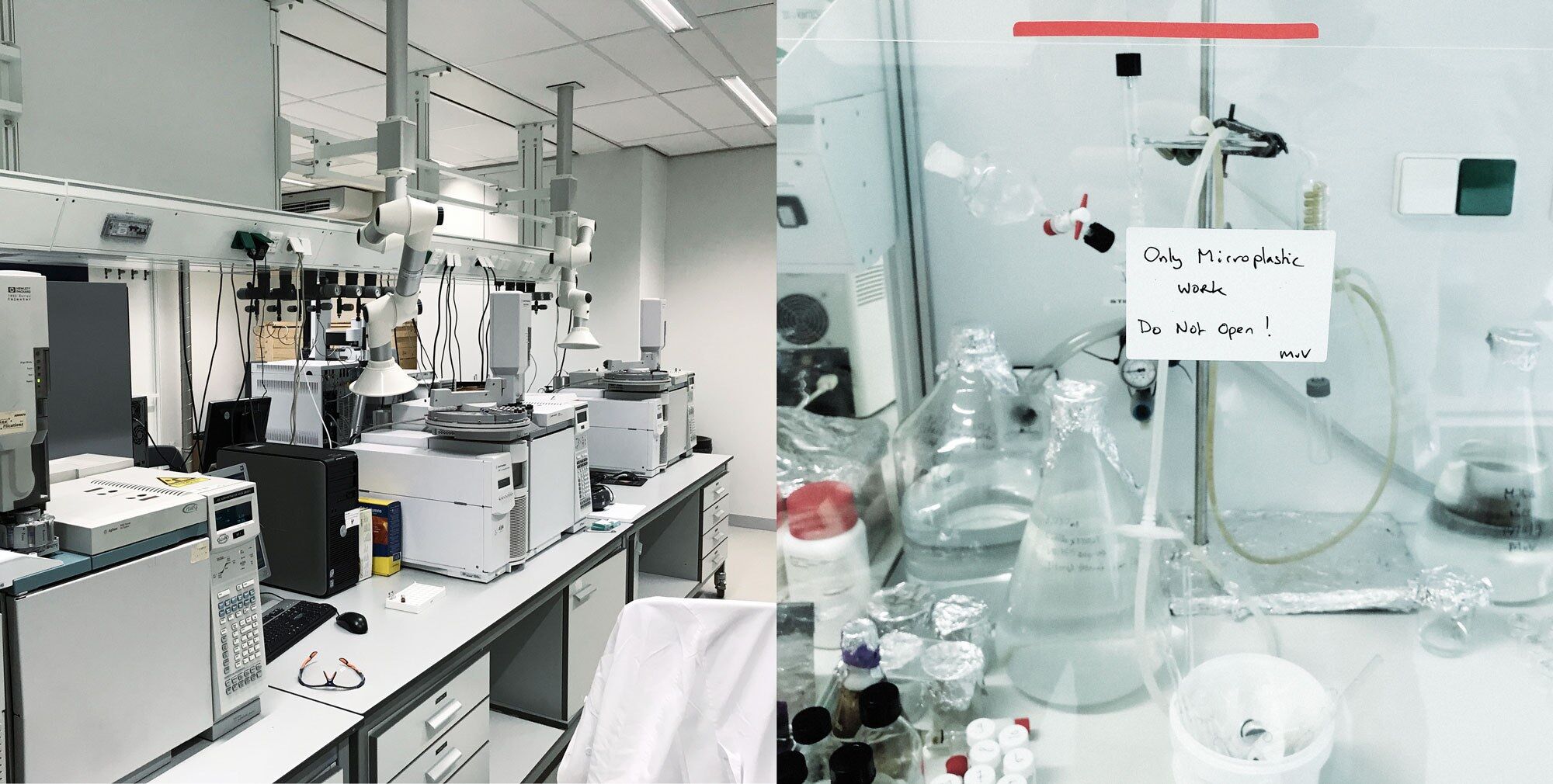
2. Pathogenic Plastics
Investigating whether plastic pollution contributes to the spread of disease.
New science suggests certain pathogens can hitchhike on plastic particles in the water. This raises significant concerns about the spread of infectious diseases – both locally via rivers and streams, and globally via ocean currents. We need to find out more about the relationship between plastic waste and the transmission of human diseases.
We are already working with communities in East Java to design out diaper waste, as part of Clean Blue Alliance. To complement this, we are partnering with scientists in Indonesia to collect samples from the Brantas River. Our team is analysing diaper waste, as well as other plastic and non-plastic waste, for the presence of human pathogens and antibiotic-resistant bacteria. Together with local medical professionals and communities, we are developing a powerful new narrative about how plastic pollution is affecting the health of the world’s poorest communities.
“Microplastics spread easily via water and wind, resulting in a worldwide problem! We are constantly exposed to small plastic particles via our food, drink or through breathing. What this means for our health, however, cannot yet be properly assessed or estimated. There are strong indications of possible health risks, but there are also many uncertainties and knowledge gaps.”
Dick Vethaak
Professor Water Quality and Health, Ecotoxicology


